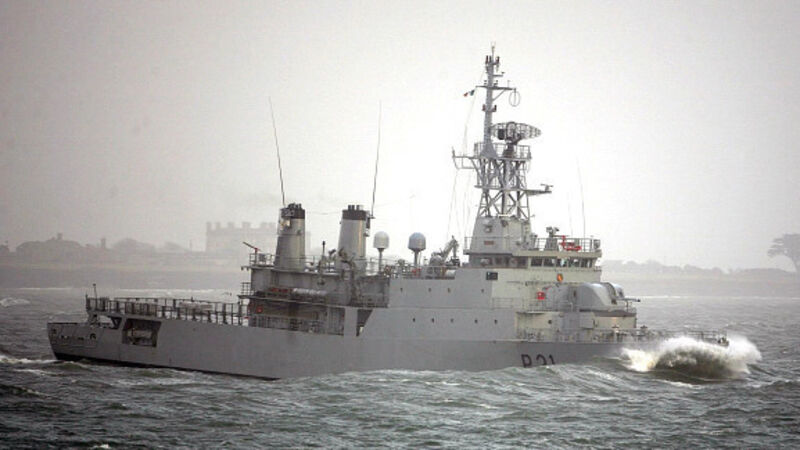44 personnel have left naval service since vessels tied up

The equivalent of a ship’s crew has left the naval service since it was forced to tie up two vessels due to manpower shortages.
Try from €1.50 / week
SUBSCRIBE- with reporting from Daniel McConnell
The equivalent of a ship’s crew has left the naval service since it was forced to tie up two vessels due to manpower shortages.
Already a subscriber? Sign in
You have reached your article limit.
Annual €130 €80
Best value
Monthly €12€6 / month
Introductory offers for new customers. Annual billed once for first year. Renews at €130. Monthly initial discount (first 3 months) billed monthly, then €12 a month. Ts&Cs apply.
CONNECT WITH US TODAY
Be the first to know the latest news and updates
Newsletter
Keep up with stories of the day with our lunchtime news wrap and important breaking news alerts.
Sunday, February 8, 2026 - 5:00 PM
Sunday, February 8, 2026 - 5:00 PM
Sunday, February 8, 2026 - 1:00 PM
© Examiner Echo Group Limited